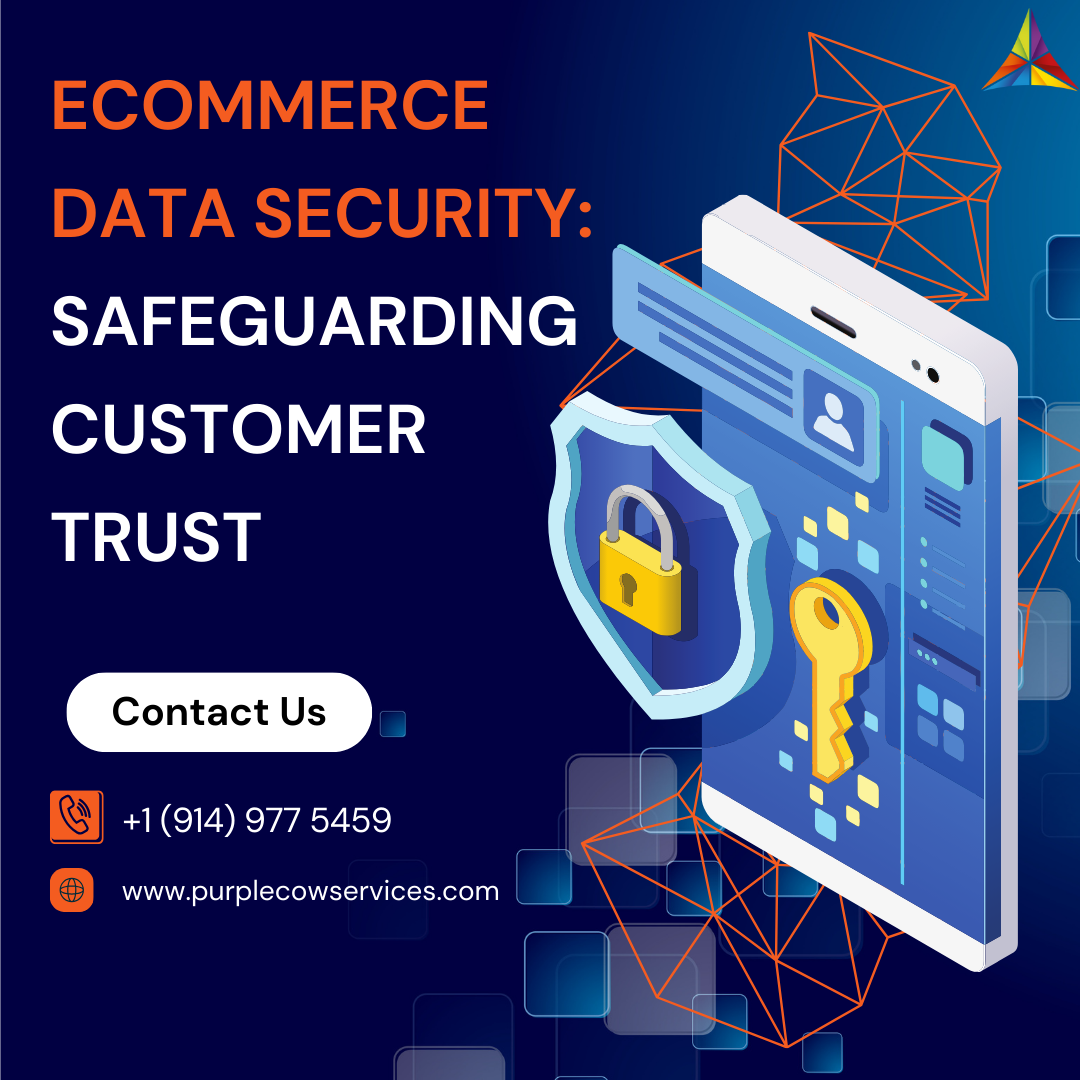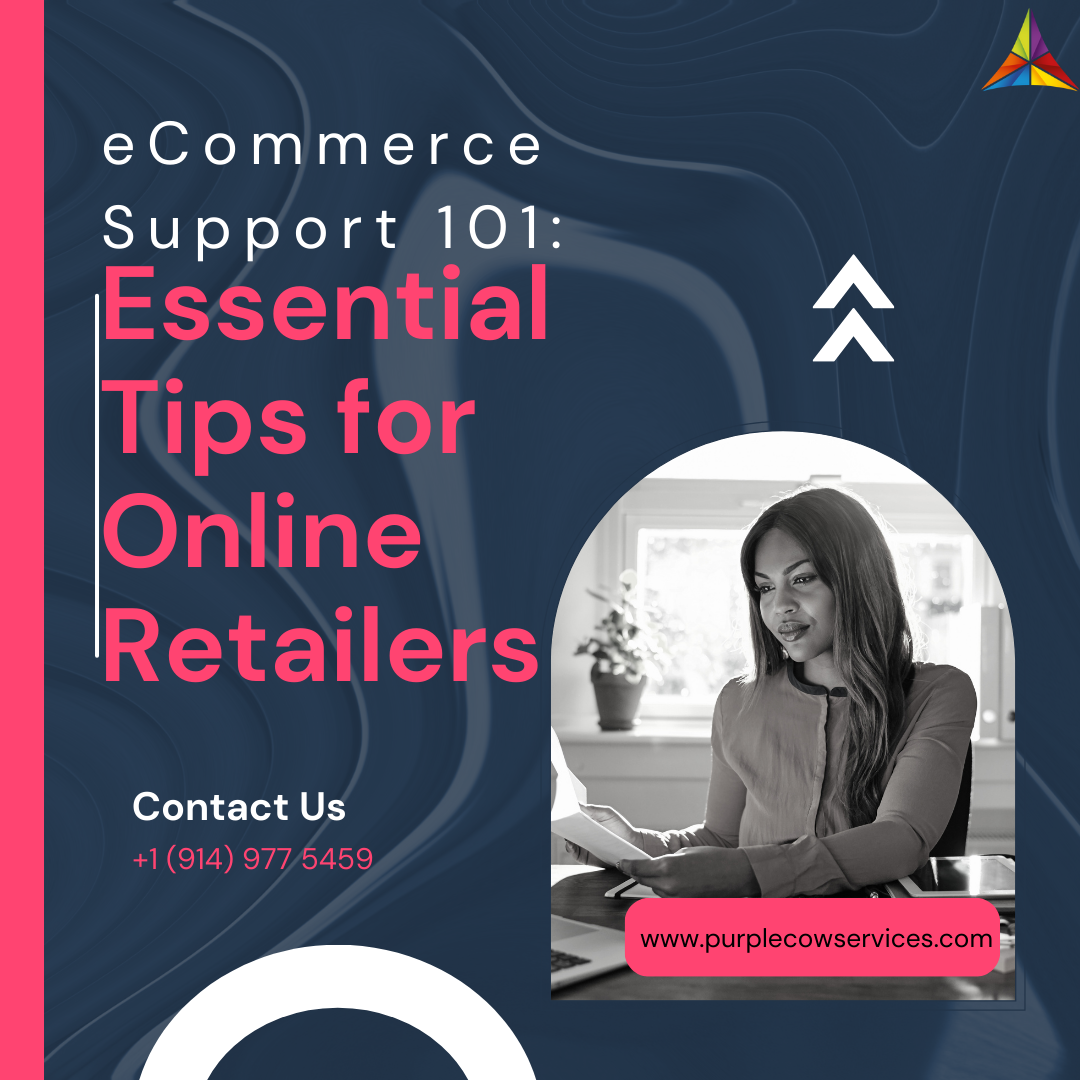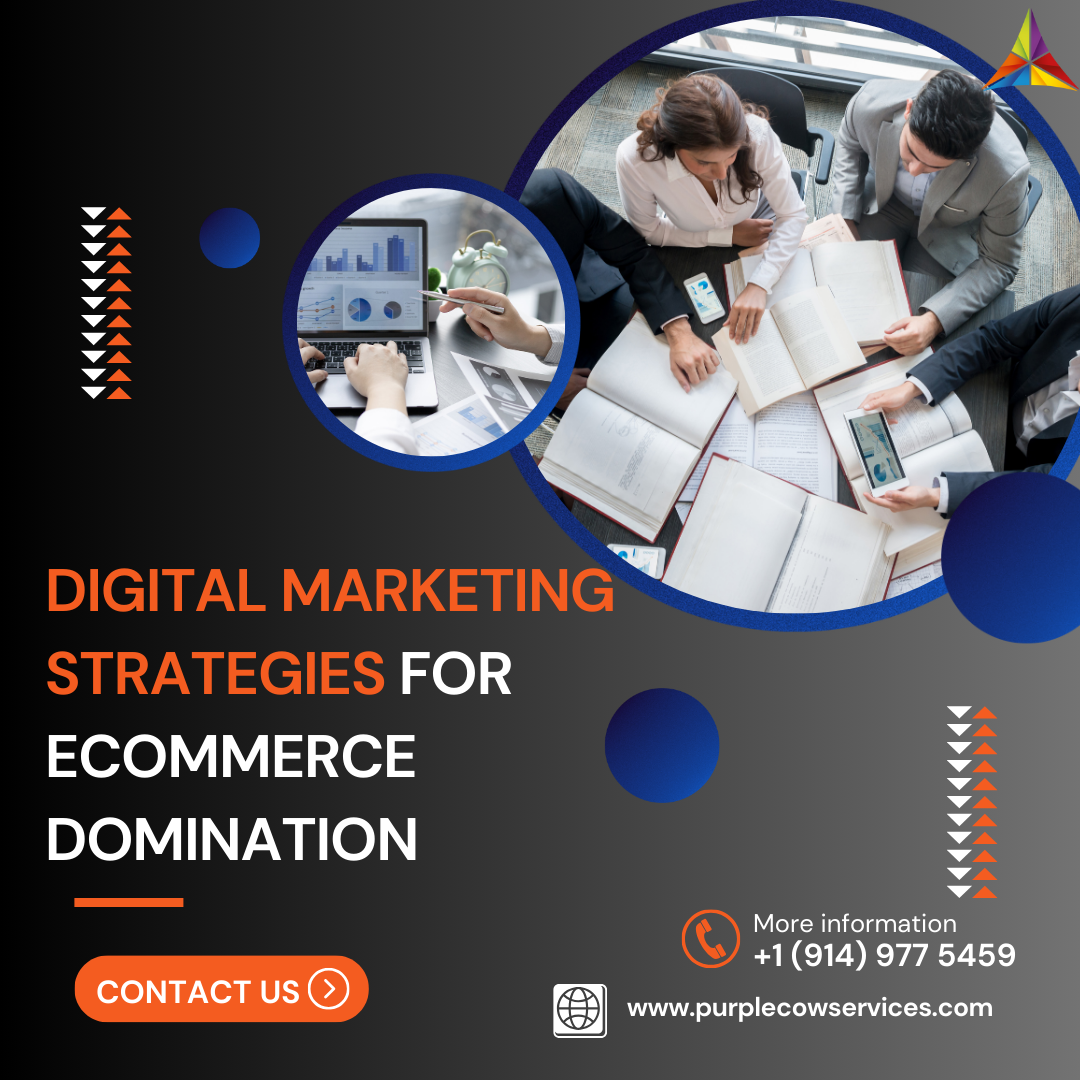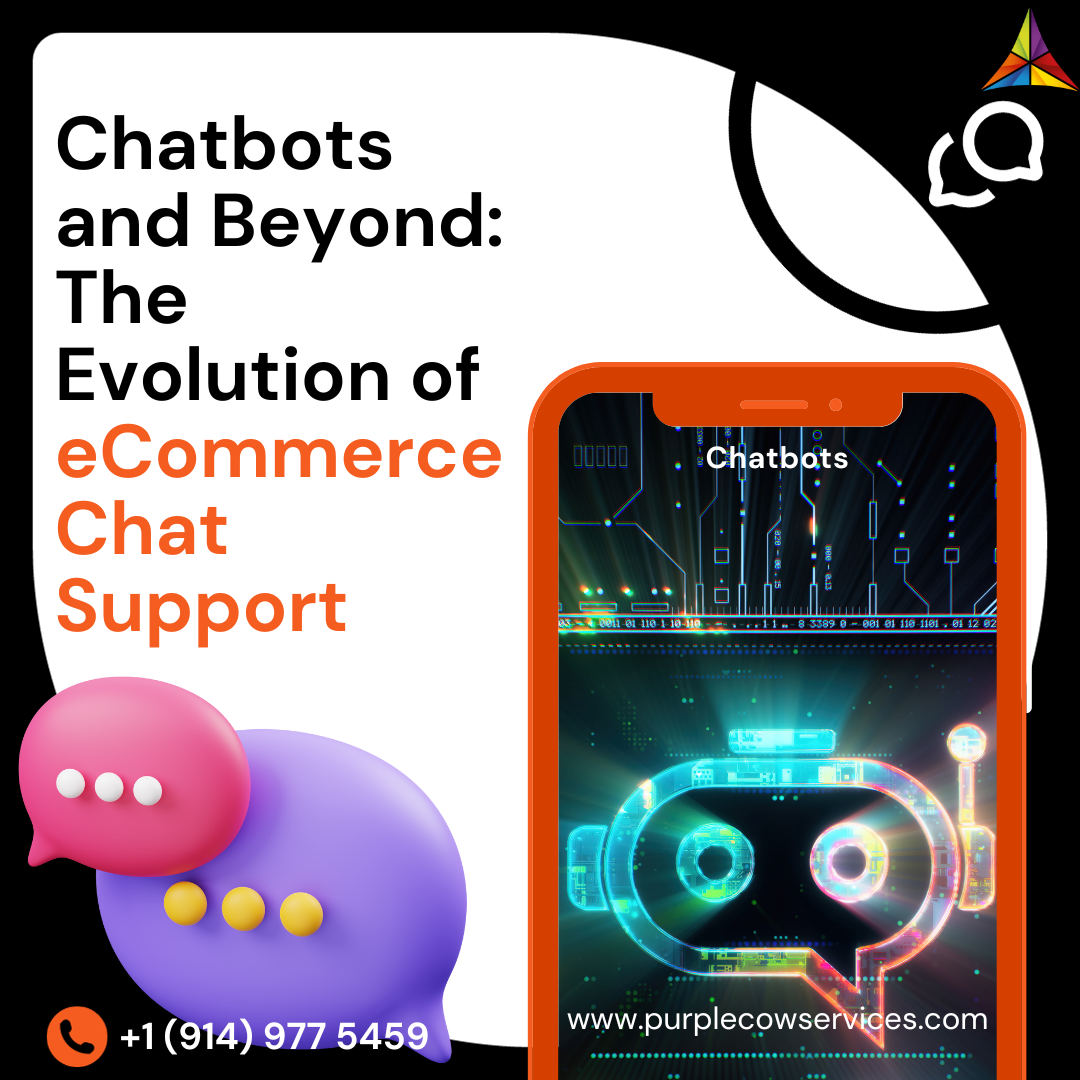In the ever-evolving landscape of eCommerce, content marketing has emerged as a powerful strategy for driving sales and building customer loyalty.
Share This Story, Choose Your Platform!
By creating valuable and engaging content, eCommerce businesses can attract and retain customers, establish their brand authority, and ultimately increase conversions. In this detailed blog post, we will explore the significance of content marketing in eCommerce and discuss effective strategies to drive sales and foster customer loyalty.
Why Content Marketing Matters in eCommerce
Content marketing involves the creation and distribution of relevant, informative, and entertaining content to attract and engage a target audience. In the eCommerce realm, content marketing plays a crucial role for the following reasons:
Establishing Brand Authority: By consistently producing high-quality and valuable content, eCommerce businesses can position themselves as experts in their respective niches, building trust and credibility among customers.
Increasing Organic Traffic: Well-optimized content can improve search engine rankings, driving organic traffic to eCommerce websites and expanding the potential customer base.
Engaging and Educating Customers: Content marketing enables businesses to engage customers through compelling storytelling, educational materials, product guides, and interactive experiences. By offering valuable content, businesses can educate customers and address their pain points.
Driving Conversions: Engaging and informative content can guide customers through the buying journey, leading to increased conversions. By providing relevant information, businesses can alleviate customer concerns and establish themselves as a trusted source.
Building Customer Loyalty: Through consistent content creation, eCommerce businesses can cultivate a loyal community of customers. Valuable content fosters a sense of loyalty and connection, encouraging repeat purchases and customer advocacy.
Effective Strategies for Content Marketing in eCommerce
Now that we understand the significance of content marketing in eCommerce, let’s explore effective strategies to drive sales and build customer loyalty through content.
Define Your Target Audience and Content Goals
Identify your target audience and understand their needs, preferences, and pain points. Develop content goals aligned with your business objectives, such as increasing brand awareness, driving conversions, or nurturing customer loyalty.
Create Compelling Product Descriptions and Reviews
Craft persuasive and engaging product descriptions that highlight the benefits, features, and unique selling propositions of your products. Incorporate customer reviews and testimonials to build trust and credibility among potential buyers.
Develop Informative and Educational Blog Posts
Create blog posts that educate your audience about industry trends, product usage, and helpful tips. By offering valuable insights and practical advice, you position your brand as a reliable source of information, increasing customer loyalty.
Utilize Visual Content: Images and Videos
Leverage the power of visual content to captivate and engage customers. Include high-quality product images, videos showcasing product demonstrations, tutorials, and user-generated content. Visuals enhance the overall customer experience and drive conversions.
Implement a Content Calendar and Consistent Publishing Schedule
Establish a content calendar to plan and organize your content creation and publishing schedule. Consistency is key in content marketing. Regularly publish fresh, relevant, and valuable content to keep your audience engaged and coming back for more.
Leverage User-Generated Content and Social Proof
Encourage customers to share their experiences with your products through user-generated content (UGC). Feature UGC on your website, social media channels, and product pages to build social proof and inspire trust among potential buyers.
Optimize Content for Search Engines
Implement search engine optimization (SEO) strategies to ensure your content is discoverable by search engines. Research and incorporate relevant keywords, create descriptive meta tags, and optimize your content’s structure and readability.
Promote and Distribute Content on Relevant Channels
Determine the platforms where your target audience is highly engaged and distribute your content accordingly. Promote your content through email marketing, social media platforms, online communities, and influencer collaborations to expand your reach and attract new customers.
Conclusion
Content marketing is a powerful tool in the eCommerce industry, enabling businesses to drive sales, establish brand authority, and foster customer loyalty. By creating valuable and engaging content, eCommerce businesses can attract, educate, and engage their target audience. Implementing effective content marketing strategies, such as defining your target audience, creating compelling product descriptions, developing informative blog posts, utilizing visual content, implementing a content calendar, leveraging user-generated content, optimizing for search engines, and promoting content on relevant channels, will help your eCommerce business thrive in the competitive landscape. Embrace the power of content marketing and unlock your eCommerce success today.
Discover the game-changing potential of Purple Cow for content marketing in eCommerce. Drive sales, establish brand authority, and build customer loyalty with our innovative solutions. From compelling product descriptions to informative blog posts and captivating visual content, Purple Cow empowers your eCommerce business to create engaging and valuable content that connects with your target audience. Unleash the power of content marketing with Purple Cow and revolutionize your eCommerce success!
Share This Story, Choose Your Platform!
In This Blog:

















